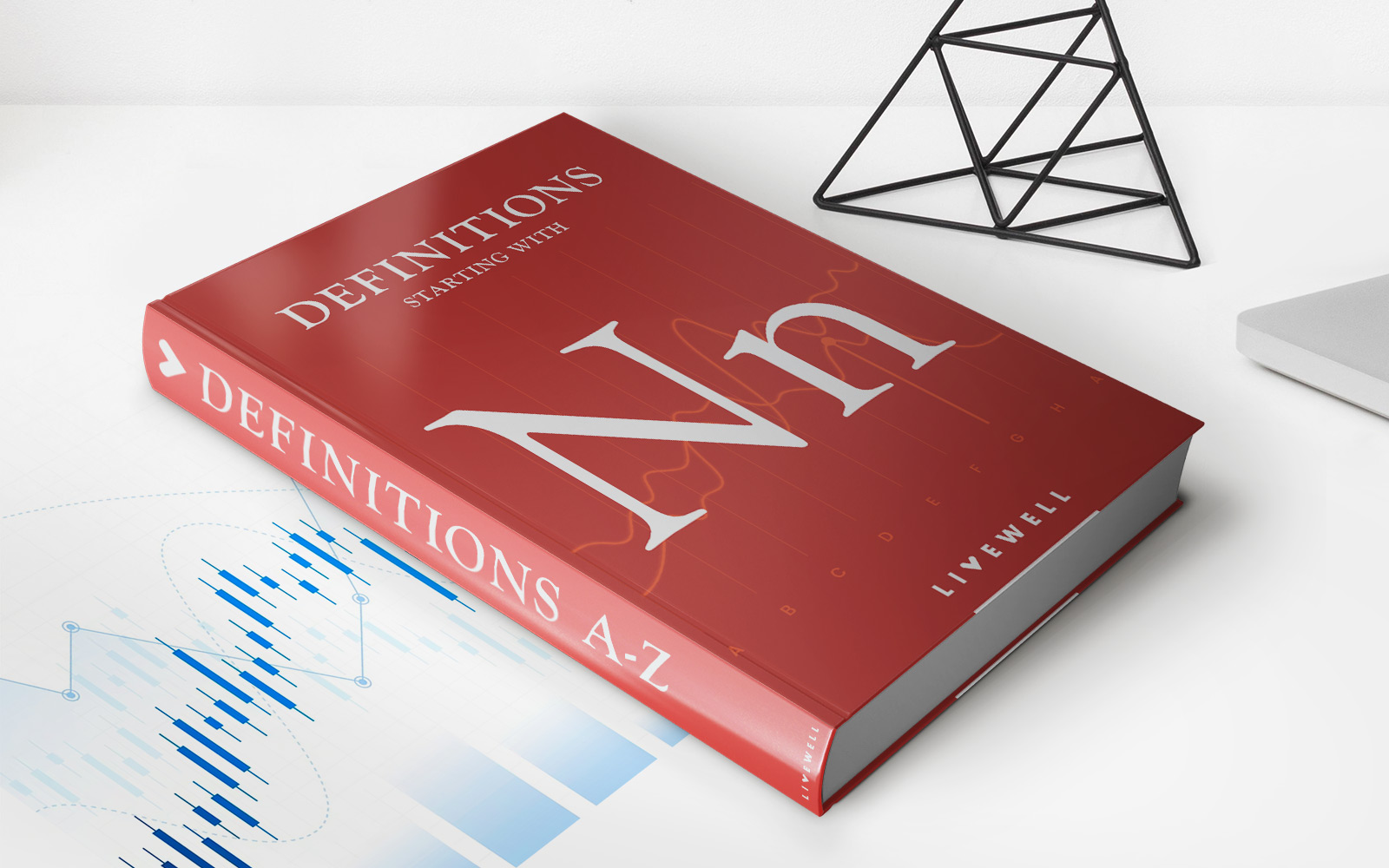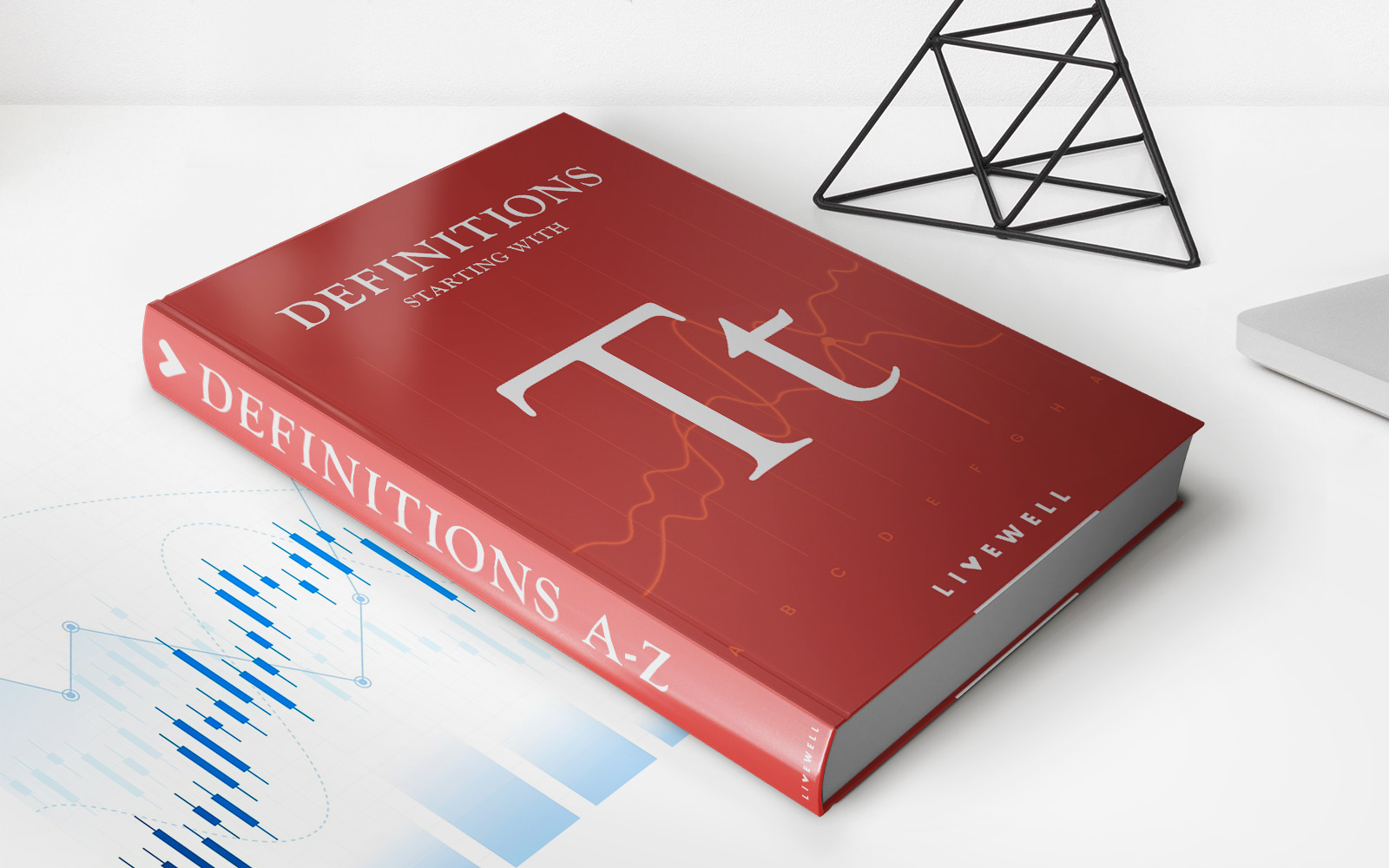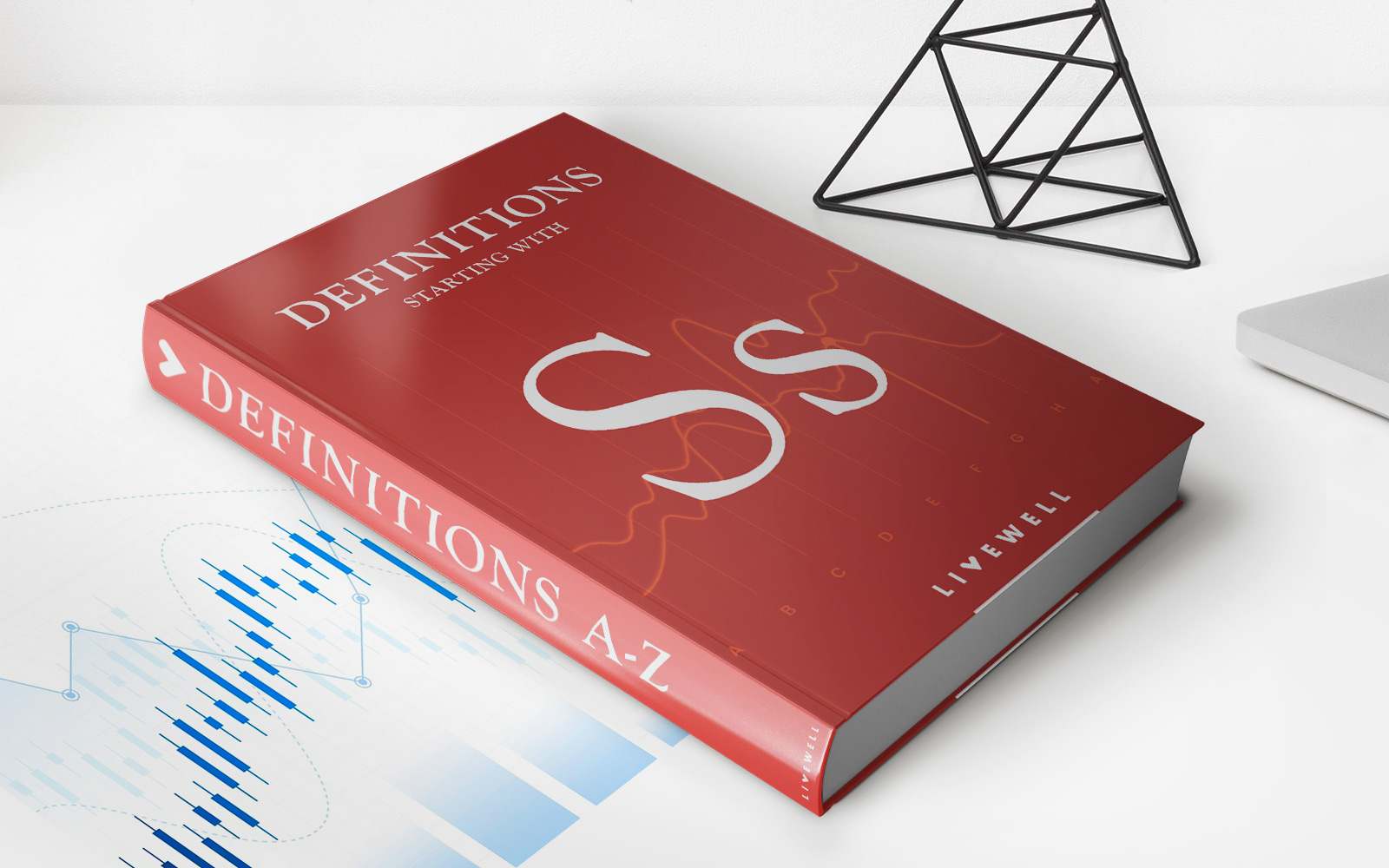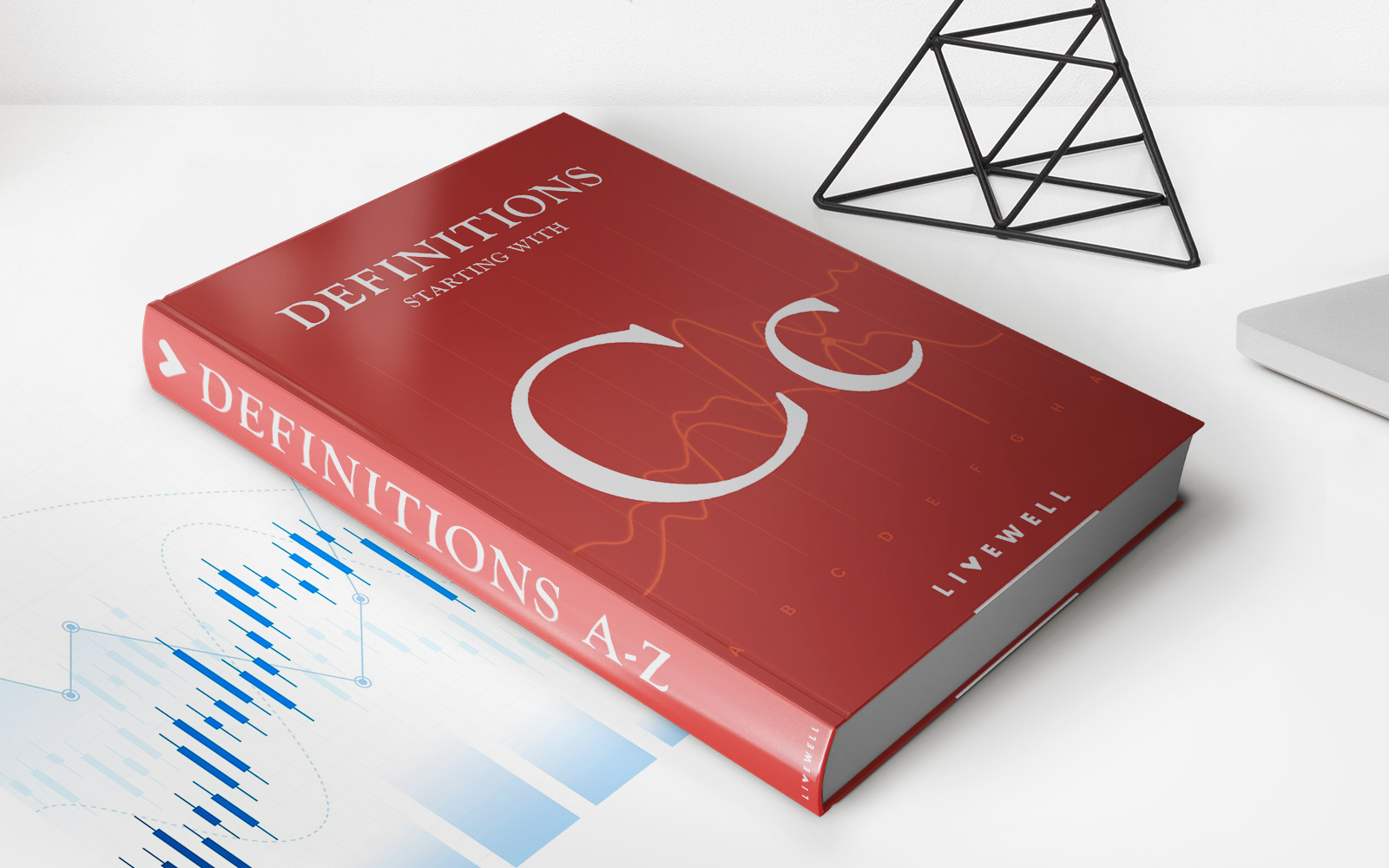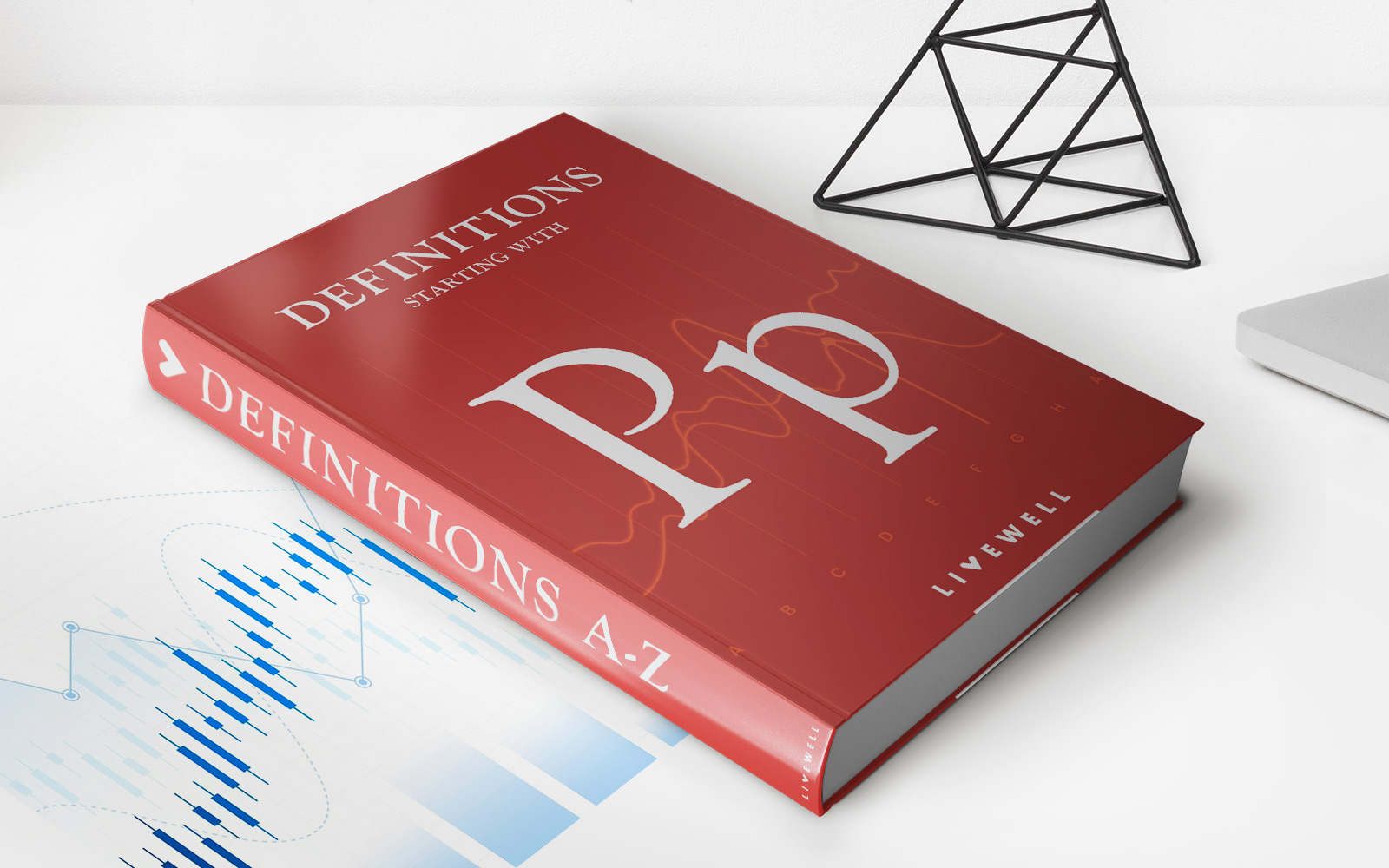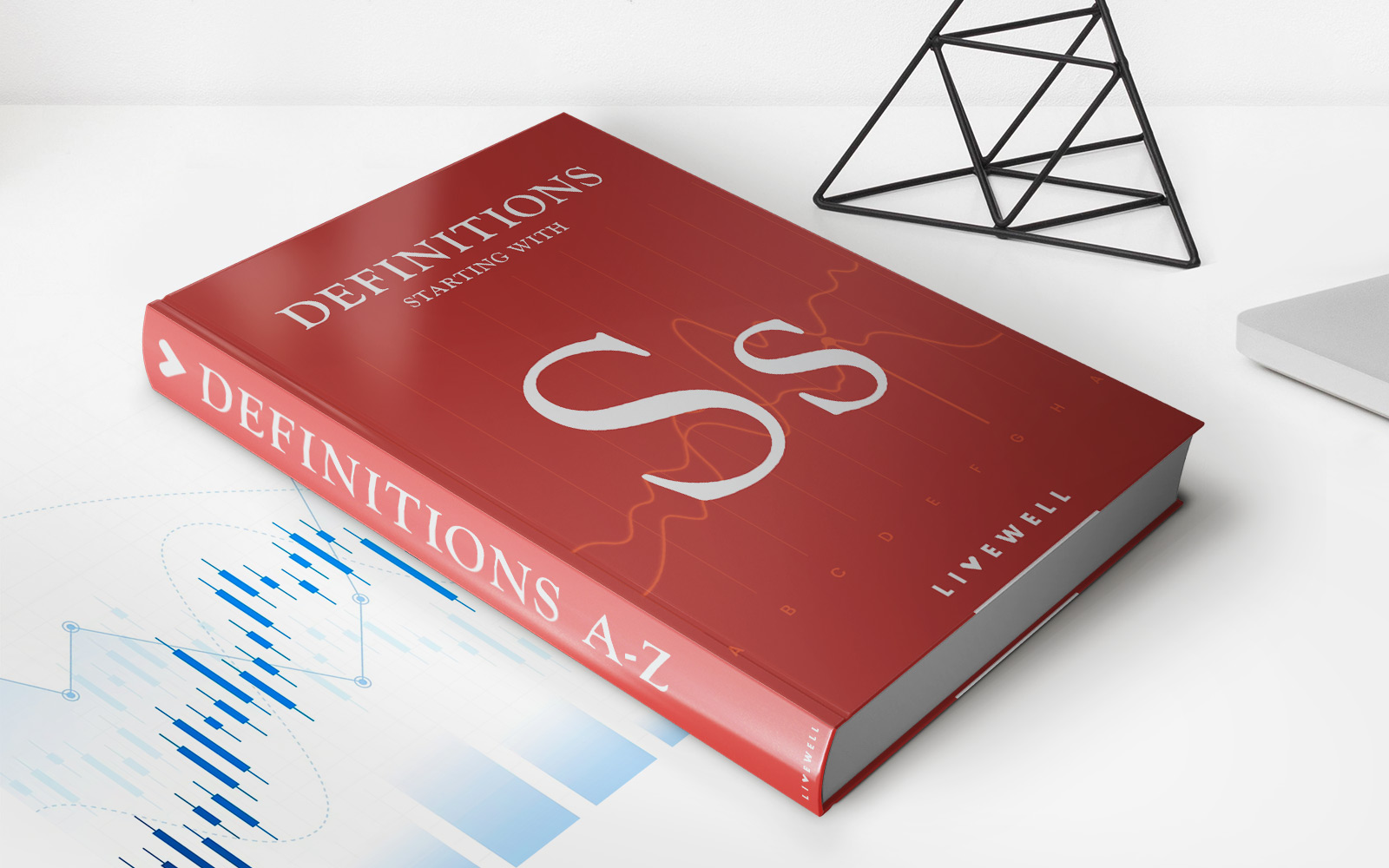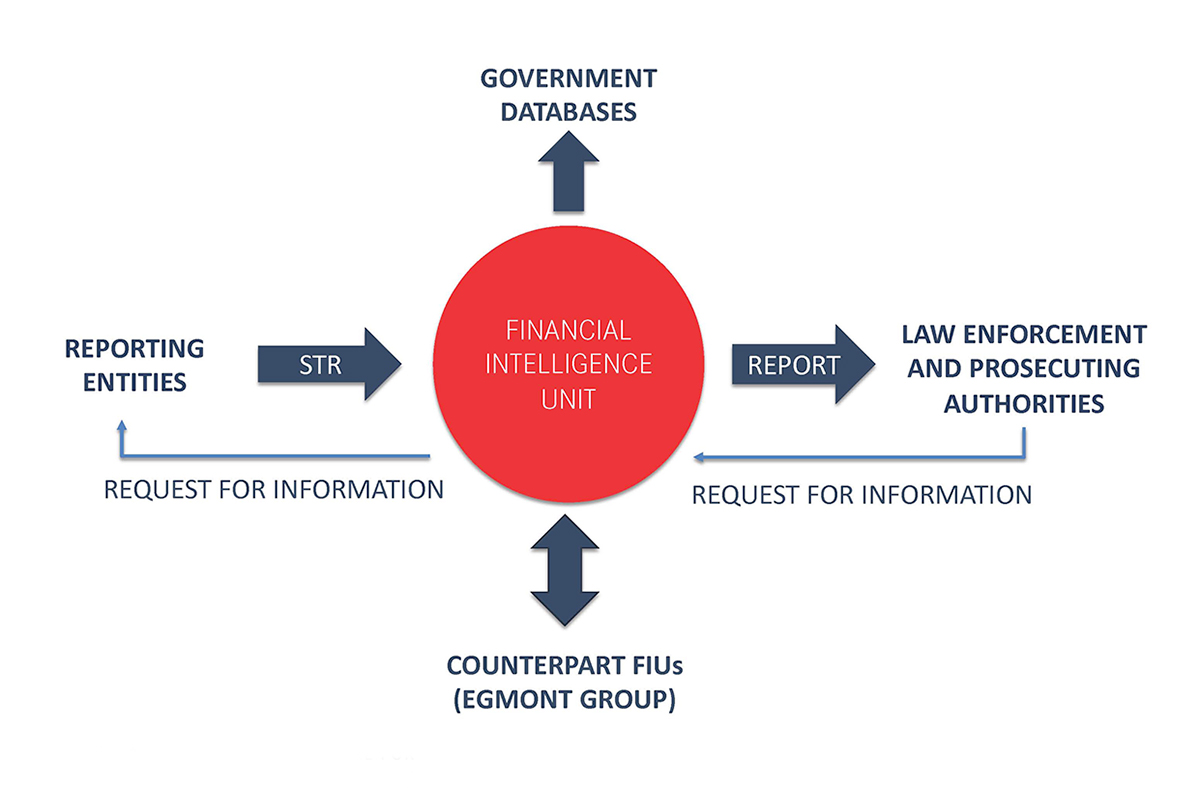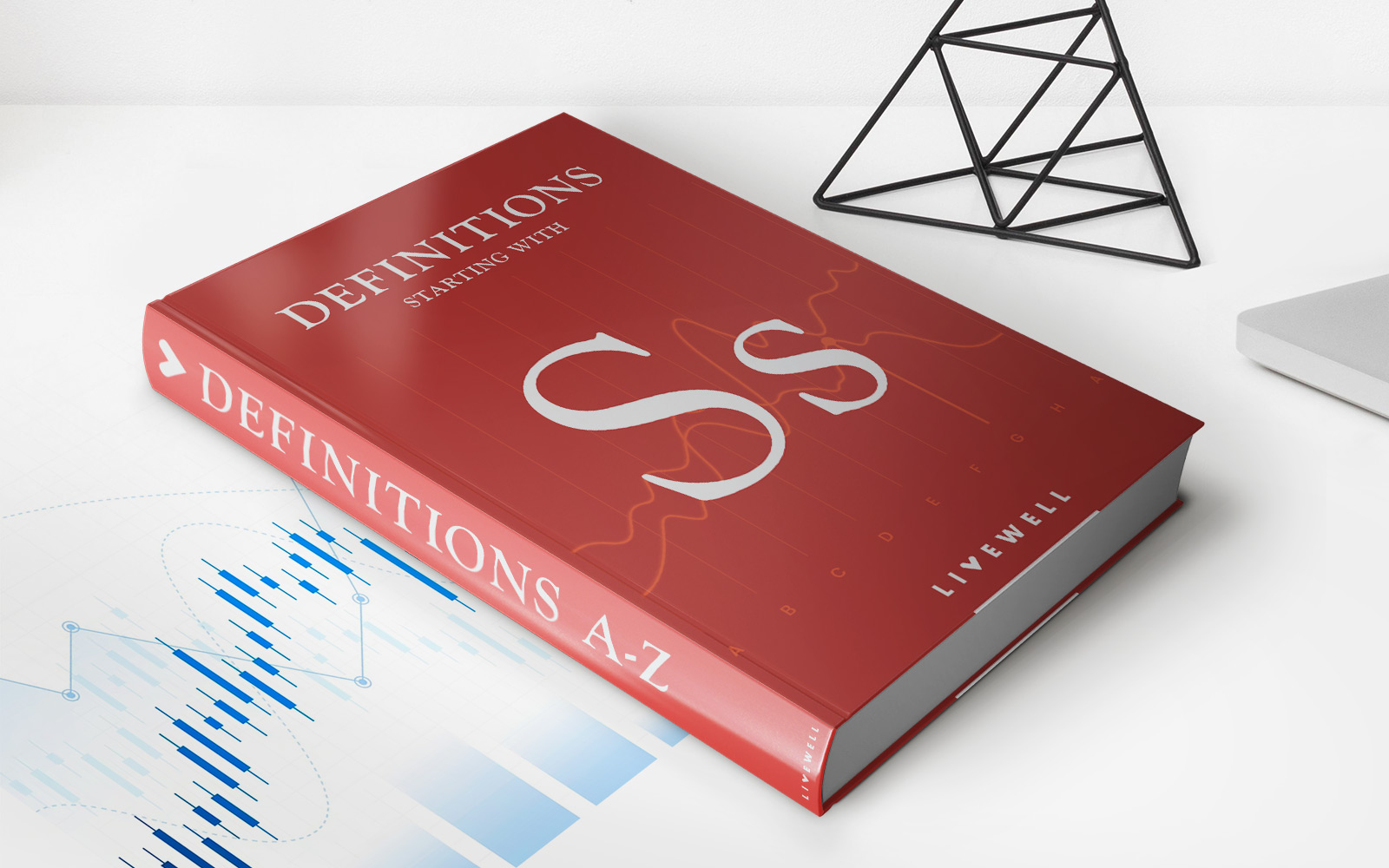Home>Finance>What Is Adjudication? Definition, How It Works, Types, And Example
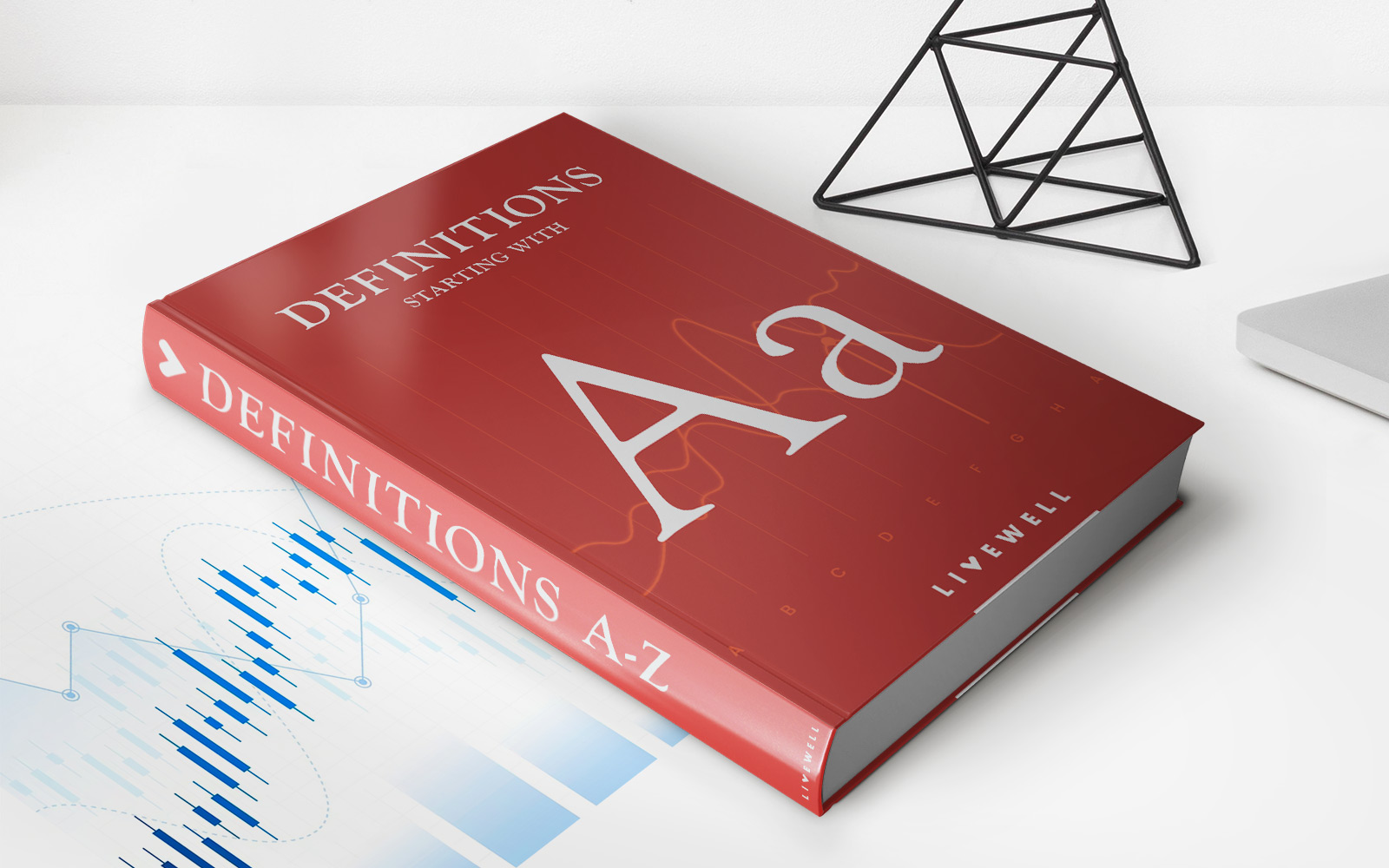

Finance
What Is Adjudication? Definition, How It Works, Types, And Example
Published: October 1, 2023
Learn about adjudication in finance, its definition, how it works, different types, and see an example. Understand this crucial process in just a few minutes!
(Many of the links in this article redirect to a specific reviewed product. Your purchase of these products through affiliate links helps to generate commission for LiveWell, at no extra cost. Learn more)
What Is Adjudication? Definition, How It Works, Types, and Example
Welcome to our blog series “Finance,” where we dive into various financial topics to help you gain a better understanding of the complex world of money. In today’s post, we will be exploring the concept of adjudication. What is it? How does it work? What are the different types? And finally, we’ll provide you with a practical example to make it easier to grasp. So, let’s jump right in!
Key Takeaways:
- Adjudication is a legal process where a neutral third party reviews evidence and arguments presented by both parties involved in a dispute.
- It is commonly used in legal proceedings related to various matters, such as contract disputes, property claims, or even in resolving workplace conflicts.
Understanding Adjudication
Adjudication, in its simplest form, is a method of resolving disputes without having to go through a lengthy court trial. It is a legal process where a neutral third party, known as an adjudicator, examines the evidence and arguments presented by both parties to arrive at a fair and impartial decision.
Adjudication can be used in various contexts, including but not limited to construction, contractual disputes, insurance claims, and even in administrative processes. This alternative dispute resolution mechanism offers a more efficient and cost-effective way of resolving conflicts.
How Does Adjudication Work?
The process of adjudication typically involves the following key steps:
- Initiation: The parties involved in a dispute agree to submit their case to adjudication. This can be done voluntarily by both parties or may be a requirement under a contract or legislation.
- Appointment of an Adjudicator: The parties appoint a neutral third party adjudicator or agree to use the services of an adjudication organization. The adjudicator should have relevant expertise and be impartial.
- Exchange of Written Submissions: Each party presents their arguments and evidence in writing to the adjudicator, outlining their position and supporting documentation.
- Adjudicator’s Evaluation: The adjudicator reviews the submissions and additional evidence provided. They may request further information or clarification if needed.
- Adjudicator’s Decision: Based on their evaluation, the adjudicator delivers a decision known as the adjudication award. This decision is generally binding and enforceable, although it can be subject to further legal action if either party disagrees.
Types of Adjudication
There are different types of adjudication, depending on the nature of the dispute and the jurisdiction. Here are a few common ones:
- Construction Adjudication: Primarily used in the construction industry to resolve disputes arising from construction contracts, such as payment issues, delays, or contract variations.
- Employment Adjudication: Used to settle workplace disputes, such as unfair dismissals, discrimination claims, or wage disputes.
- Administrative Adjudication: In this type, government or administrative bodies use adjudication to resolve disputes related to regulatory compliance, licensing, or administrative decisions.
Example of Adjudication
Let’s illustrate the concept of adjudication with an example:
Imagine you are a contractor hired to renovate a client’s kitchen. You complete the work as agreed, but when it’s time for payment, the client refuses to pay the remaining balance, claiming that the work is subpar. Both parties cannot reach a mutual agreement, and a dispute arises.
To resolve the issue and avoid expensive court proceedings, the parties agree to go through the process of adjudication. They appoint an experienced adjudicator who examines the evidence, reviews the contract terms, and visits the site to assess the quality of the work.
After careful consideration, the adjudicator determines that the contractor has indeed met the contractual obligations, and the work is of acceptable quality. The adjudicator delivers an adjudication award, ordering the client to pay the outstanding balance to the contractor. This decision is binding and enforceable.
By opting for adjudication, the parties were able to resolve their dispute swiftly and cost-effectively, avoiding the lengthy and costly court process.
In conclusion, adjudication is a valuable tool for resolving disputes efficiently and fairly. Whether you are involved in a construction project, contract dispute, or facing a workplace conflict, exploring the option of adjudication can help save time, money, and unnecessary stress.

